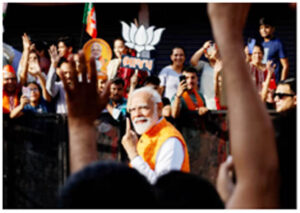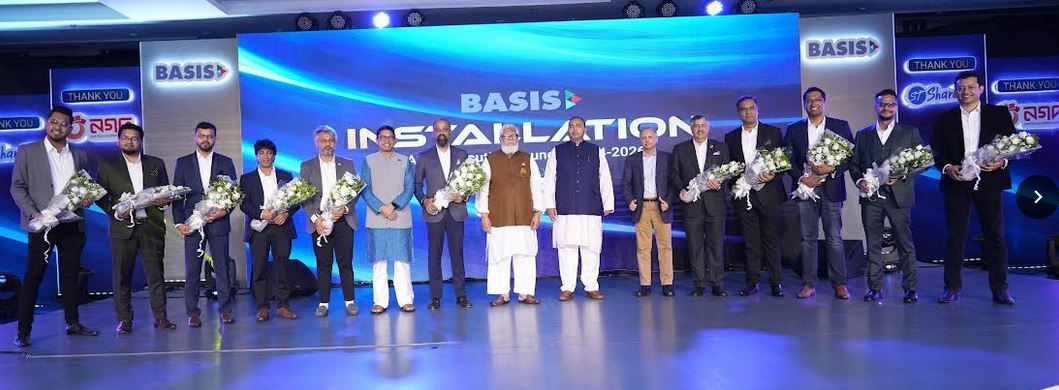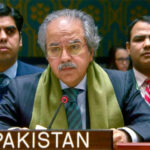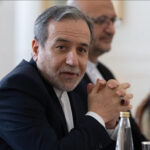 MOON Desk: As the battleground of Indian politics intensifies with the ongoing general elections, a troubling trend has emerged, indicating a significant rise in Islamophobic rhetoric within political advertising campaigns in the neighbouring country.In a report published by BOOM, it was revealed that surrogate pages on social media platforms, particularly targeting opponents of the ruling Bharatiya Janata Party (BJP), have been actively propagating divisive content, often laden with Islamophobic undertones.
MOON Desk: As the battleground of Indian politics intensifies with the ongoing general elections, a troubling trend has emerged, indicating a significant rise in Islamophobic rhetoric within political advertising campaigns in the neighbouring country.In a report published by BOOM, it was revealed that surrogate pages on social media platforms, particularly targeting opponents of the ruling Bharatiya Janata Party (BJP), have been actively propagating divisive content, often laden with Islamophobic undertones.
The investigation, delving into Meta’s Ad Library Report for April 2024, highlighted the substantial financial investments made by various political entities in social media advertisements.
The BJP emerged as a leading spender, allocating over INR10 crore to Facebook ads alone, while its main rival, the Indian National Congress, trailed behind with INR6.5 crore in expenditure. Other regional players such as Tamil Nadu’s DravidaMunnetraKazhagam (DMK) and Odisha’s Biju Janata Dal (BJD) also crossed the INR1 crore marks in ad spending.
However, the most alarming aspect unearthed by the investigation was the prevalence of Islamophobic content across surrogate pages. These pages, operating under the guise of independent entities, targeted BJP opponents with ads containing dog-whistle messages and inflammatory memes.
Despite efforts by platforms like Meta to curb such content, the emergence of new pages, such as ‘Meme Hub,’ following the banning of previous offenders like ‘MemeXpress,’ underscores the persistent challenge of combating hate speech online.
Moreover, the investigation revealed disturbing instances of mainstream political handles, including those affiliated with the BJP, disseminating Islamophobic narratives. Animated videos posted by BJP Karnataka and BJP’s official Instagram account depicted Muslims in a derogatory light, perpetuating stereotypes and fuelling communal tensions.
The proliferation of surrogate pages affiliated with political consultancy firms, such as Varahe Analytics, further complicates the landscape, raising questions about the transparency and accountability of online political advertising.
The revelation that these pages are part of a coordinated network, endorsed by political parties, underscores the need for stricter regulations to curb the spread of hate speech and misinformation.
In response to these findings, concerns have been raised regarding the potential consequences of such divisive rhetoric on social cohesion and democratic values. The weaponisation of religion for political gain not only undermines the principles of secularism but also poses a threat to the fabric of Indian society.






